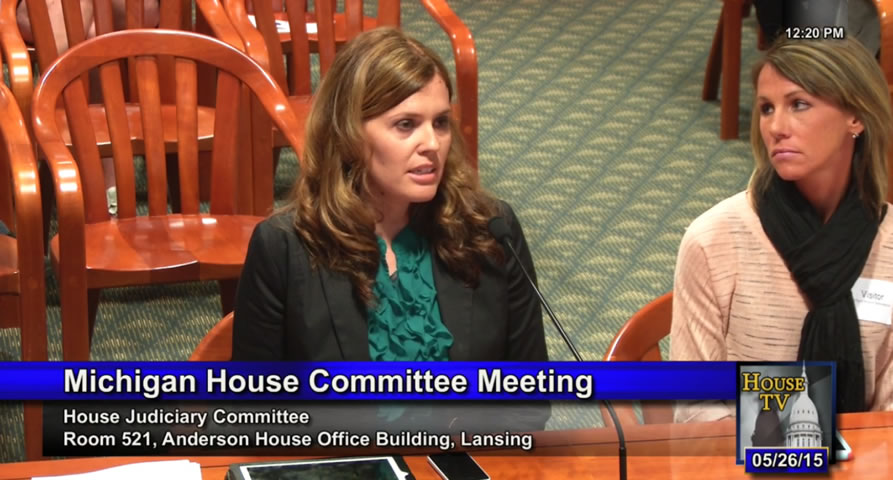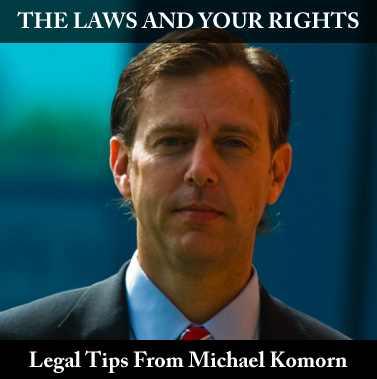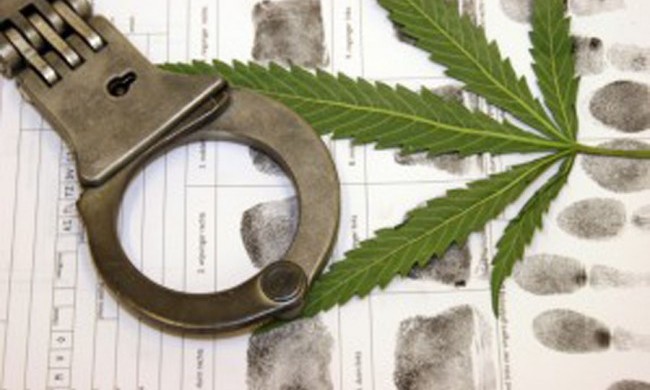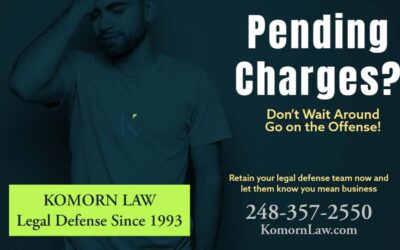Michigan Rules of Evidence: A Guide to Rules 201-202
Understanding the Michigan Rules of Evidence is crucial for anyone involved in legal proceedings within the state.
This article focuses on two key rules: 201** (Judicial Notice of Adjudicative Facts)** and 202** (Judicial Notice of Law)**, providing a concise and informative overview of their purpose, scope, and application.
Rule 201: Judicial Notice of Adjudicative Facts
This rule empowers the court to take certain facts, known as “adjudicative facts,” as true without requiring formal proof during a trial.
These facts must be:
- Not subject to reasonable dispute: They are either universally accepted within the court’s jurisdiction or readily verifiable from reliable sources.
- Examples: Commonly-known geographic features, population statistics, or widely-accepted scientific principles.
The court can take notice of these facts either:
- On its own initiative: In situations where the fact is readily apparent and critical to the case.
- At the request of a party: If the party provides sufficient information and allows opposing parties time to prepare.
Rule 201: Judicial Notice of Adjudicative Facts
This rule empowers the court to take certain facts, known as “adjudicative facts,” as true without requiring formal proof during a trial.
These facts must be:
- Not subject to reasonable dispute: They are either universally accepted within the court’s jurisdiction or readily verifiable from reliable sources.
- Examples: Commonly-known geographic features, population statistics, or widely-accepted scientific principles.
Have your rights been violated?
Have your driving priviledges been revoked?
Has your professional license been suspended?
Have you been charged with a crime?
Call our office to see if we can help
Komorn Law 248-357-2550
Rule 202: Judicial Notice of Law
Similar to Rule 201, this rule allows the court to acknowledge certain legal matters without requiring formal presentation of evidence. These matters include:
Law in force: This encompasses the common law, constitutions, and public statutes of all jurisdictions within the United States.
Private acts and resolutions: These are specific legislative documents passed by Congress or the Michigan Legislature.
Local ordinances and regulations: These are rules established by governmental subdivisions or agencies within Michigan.
Foreign laws: The court can take notice of foreign laws upon proper presentation of evidence.
The court may take notice of these legal matters either:
On its own initiative: In situations where the law is readily apparent and relevant to the case.
At the request of a party: If the party provides sufficient information and allows opposing parties time to prepare.
Key Differences between Rules 201 and 202:
Type of knowledge: Rule 201 deals with factual matters, while Rule 202 deals with legal matters.
Scope: Rule 201 applies to facts within the court’s jurisdiction, while Rule 202 has a broader scope covering national, state, local, and even foreign laws.
Onus of proof: For Rule 201, the burden of proof lies with the party requesting judicial notice to provide the necessary information. For Rule 202, the court may take notice on its own initiative, but parties can still object or challenge the accuracy of the legal matter.
Important:
This article provides a simplified overview of the Michigan Rules of Evidence for informational purposes only. It should not be interpreted as legal advice. When facing legal matters, always consult with a qualified attorney for professional guidance.
The Michigan Rules of Evidence are subject to change over time. Always consult the latest official version for accurate information.
Here is the link to the Michigan Rules of Evidence Handbook. Check the footer for the latest update.
Related Articles
No Results Found
The page you requested could not be found. Try refining your search, or use the navigation above to locate the post.
More Posts

Prosecutors drop marijuana charges against Michigan mom
Aug 5, 2015 - After a year long battle, Michigan Attorney Michael Komorn and his staff have chalked up another positive conclusion for a client caught up in the medical marijuana and forfeiture debacle. Some may consider it a win, but this slow ruination of a family...

Security Systems – You should have one!!
For most... a security video system is a tool to protect themselves from liability, false accusations and identify activities around their home or business. For some, such as thieves, those who make false accusations and liars...it works against them. There...

What’s required of you in a Michigan traffic stop?
July 24, 2015 Dashcam video released this week from a traffic stop shows how a confrontation between a Texas woman and the arresting officer escalated. Given the circumstances in the aforementioned Sandra Bland case, we wanted to find out what is allowed and not...

Detroit police make arrests at marijuana dispensary
The Detroit police raided and made arrests at marijuana dispensary in an article in the Detroit Free Press from July 14, 2015. Detroit police arrested two people and confiscated two firearms and drugs during a raid on a marijuana dispensary Tuesday afternoon. Police...

Michigan Medical Marihuana Patient Bill of Rights
On November 8th, 2008, by a majority of 63 percent, the citizens of the State of Michigan voted into law the constitutional initiative, Initiated Law 1 of 2008, ratified into law December 4, 2008, herein referred to as the Michigan Medical Marihuana Act, MCL 333.26421...

Colorado Supreme Court: Employers can fire for off-duty pot use
The Colorado Supreme Court ruled Monday Jun 15, 2015, that Employers’ zero-tolerance drug policies trump Colorado’s medical marijuana laws. In a 6-0 decision, the Colorado Supreme Court affirmed lower court rulings that businesses can fire employees for the use...

How a sex toy put spotlight on Michigan civil asset forfeiture laws targeted for reform
The headlines read... "How a sex toy put national spotlight on Michigan civil asset forfeiture laws targeted for reform" "State Legislators Reconsider Forfeiture Laws That Turn Cops Into Robbers" "Why Take My Vibrator?" Cops Legally Rob "every Belonging"...

Reform Today’s Forfeiture Laws
Everyday, I get calls to my office from medical marijuana patients and caregivers who have been raided or pulled over by police. Often times, these individuals are not arrested, and little if any paperwork is left behind by the various Narcotics Enforcement Teams....

KOMORN LAW NEWSLETTER ISSUE #1 May 2015
The Michigan Legal Advisor News Letters. Read the current newsletter from Michigan's #1 Medical Marijuana Defense Attorney Michael Komorn. KOMORN LAW NEWSLETTER ISSUE #1 May 2015 Michael Komorn is recognized as a leading expert on the Michigan Medical...

Attorney Michael Komorn Lectures Students at the U of M Law School
I wanted to give a huge thanks to University of Michigan Law School Professors Howard Bromberg, Mark Osbeck and Law School class. This past Thursday I had the honor of being asked to speak about my favorite topics, the Michigan Medical Marihuana Act and the practice...








